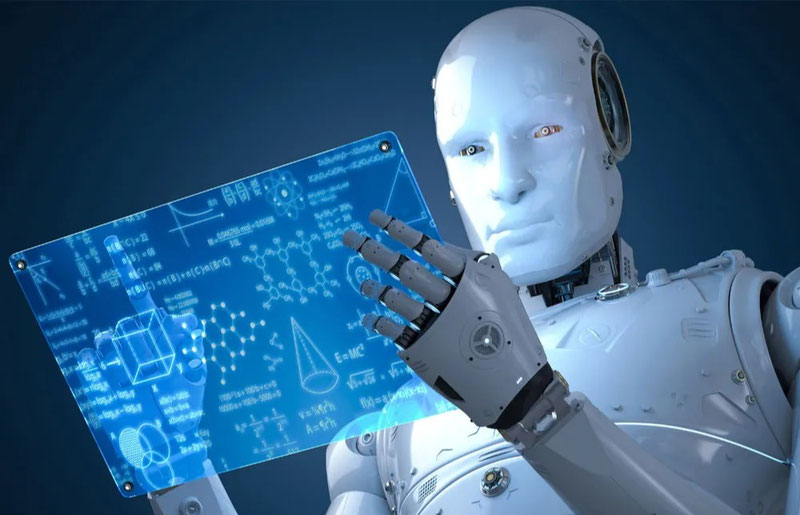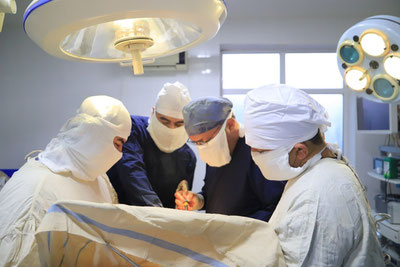The program called Delphi-2M can analyze medical data and calculate the risk of thousands of diseases. Scientists emphasize that it can even identify problems that may be observed in human health up to ten years in advance.
How does the model work?
Delphi-2M's artificial intelligence was trained on anonymized medical records. It analyzes hospital records, doctor's notes, and patients' daily habits. For example, data related to smoking or lifestyle also plays an important role in its calculations.
The program works similarly to a weather forecast: just as one might say "it might rain tomorrow," Delphi-2M also arrives at a conclusion that "there is a possibility of a certain disease emerging."
Testing and validation results
Initially, the model was trained on data from over 400,000 participants of the UK Biobank project in Great Britain. It was subsequently tested using the medical records of 1.9 million people in Denmark. The results showed that the indicators predicted by the program matched reality.
Delphi-2M showed particularly high effectiveness in the early detection of dangerous diseases such as diabetes, heart attack, and sepsis. However, its capabilities are limited in predicting various random infections.
Significance for medicine
Experts emphasize that such artificial intelligence will provide significant assistance to doctors in the future. If a predisposition to a certain disease is identified in a patient, the doctor can recommend changing their lifestyle or taking preventive medications. For example, a person with a high risk of liver disease would be advised to abstain from alcoholic beverages.
At the same time, this technology is of strategic importance for the entire healthcare system. By using it, it is possible to calculate how many patients there might be in a given region, and based on this, hospital capacities are planned in advance.
Scientists' opinion
Professor Moritz Gerstung, head of the artificial intelligence division at the German Cancer Research Center (DKFZ), calls this program "the beginning of a new era in understanding human health." According to him, in the future, models like Delphi-2M will allow for the creation of an individual treatment plan for each patient.
How will it be further developed?
Currently, the model's applicability for patients of different ages is limited because it was primarily trained on data from people aged 40–70. Therefore, scientists are working to further improve it and enrich it with additional data—blood tests, genetic information, and images.
The full results of the research have been published in the journal Nature and were carried out in collaboration with the European Molecular Biology Laboratory, the German Cancer Research Center, and the University of Copenhagen.






